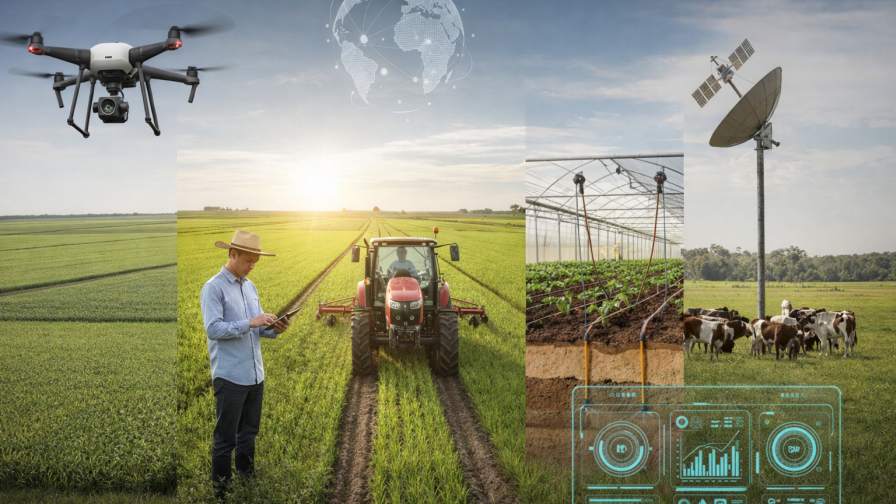The Next Generation of Startups: A Lifeline for AgTech
Editor’s note: In a recent blog on Software is Feeding the World (SFTW), agrifoodtech consultant Rhishi Pethe examines whether a new breed of startups can save AgTech. Here’s a summary of that article:
Technological advancements, particularly AI, have transformed startup ecosystems by lowering the capital and resources required to develop innovative solutions. It opens with an anecdote about a three-person AgTech startup using iPhone LIDAR for field measurements, emphasizing how AI tools have drastically reduced development time and costs compared to a few years ago. Tools like Google’s Vertex AI and generative AI assistants enable faster, more cost-effective product development.
The article frames this trend within the broader historical context of technological shifts: cloud-first, mobile-first, and now AI-first eras. The cloud-first era revolutionized startups by providing scalable, cost-effective infrastructure through services like AWS, allowing venture capitalists (VCs) to fund more startups with smaller checks. This led to an increased failure rate but also democratized innovation. The mobile-first era capitalized on smartphones, enabling mobile-centric solutions like Uber and WhatsApp that bypassed the need for web-based infrastructure.
AI-first companies now leverage generative AI to streamline processes, reduce costs, and build products faster. For instance, startups like Traive Finance use AI for data-sparse credit modeling, enhancing efficiency and decision-making. Generative AI improves software development productivity by 15–30%, according to Bain, and enables startups to automate routine tasks, allowing human experts to focus on high-value work.
MORE BY RHISHI PETHE
Syngenta’s Chief Digital Officer Weighs in on Leveraging AI for Digital Transformation in Legacy Companies
In AgTech, funding has declined in recent years, but AI-first startups may reinvigorate investment. Smaller funding rounds can support startups targeting niche, practical use cases. Like the cloud era, this model could lead to higher failure rates but allows investors to take more risks with potentially smaller-scale but viable exits. The article advocates for localized AgTech solutions over global scalability, as seen in Australian agriculture, to quickly achieve self-sustaining models.
The piece concludes optimistically, predicting that as economic conditions improve, more investors will back efficient, AI-driven startups, fostering innovation. However, success still hinges on solving the right problems and navigating challenges like sales, marketing, and distribution in industries dominated by large players.
For more in-depth coverage, visit Software Feeding the World (SFTW).










